Brazil’s Institute of Geography and Statistics (IBGE) has revealed that the cattle kill has fallen for the first time in three years to 29.7m head, an 8.5% drop on 2019.
Despite this, there was a record volume of beef exported, reaching just over 2m tonnes carcase weight equivalent (CWE), a record and twice as much as any other beef-exporting country.
Export volumes are predicted to reach 2.1m tonnes CWE in 2021 by the USDA, though recent reports from Brazil suggest cattle numbers could be tight until 2022 (source: Safras & Mercado analyst Fernando Iglesias carried in World Beef Report).
This has fed through to strong cattle prices of BRL19.93/kg, which is the equivalent of just under €3/kg.
However, if the Brazilian currency hadn’t weakened considerably over the past year and the exchange rate from this time in 2020 was used, then the euro equivalent price would be €3.65/kg.
Global supply and demand
With 10.5m tonnes of beef traded annually and Brazil accounting for 20% of that, then cattle supply and currency value in that country are two major influences on global beef price.
Two other countries exceed 1m tonnes of beef exports annually, the USA and Australia.
Prices have been relatively stable in the US, as they have adapted to the impact of COVID-19 on demand over the past year.
They remain huge exporters of the higher-value cuts, with Japan and South Korea the main volume and value customers.
Japan triggers safeguard tariff
The USDA is reporting that Japan triggered the safeguard tariff on 18 March, as US beef imports reached 242,229t.
The tariff on US imports reverts to the full 38.5%, up from the present 25.8% tariff, for a period of 30 days beginning on 18 March and finishing on 16 April.
This is part of the trade agreement between the US and Japan that came into effect at the start of last year, replacing the Trans Pacific Partnership involving 12 Pacific rim countries including the US.
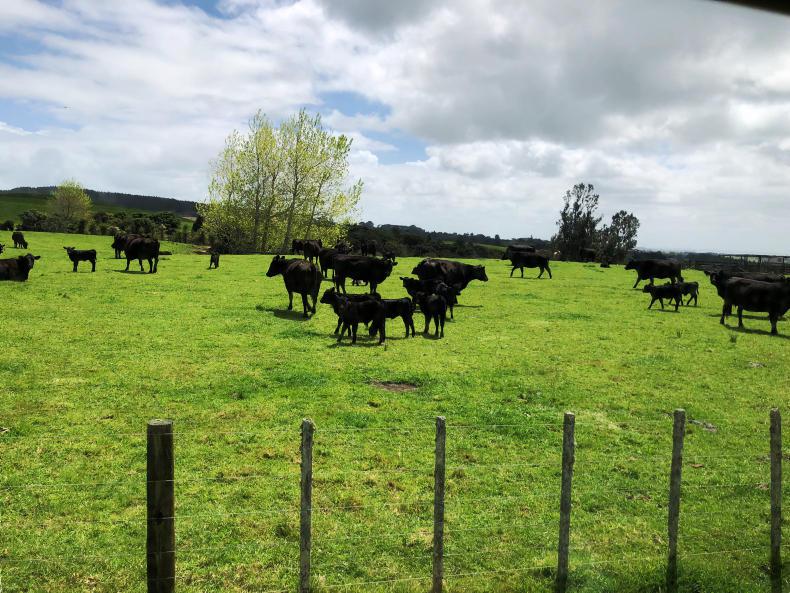
New Zealand cattle prices are trading at a weak €2.75/kg equivalent at present.
Under the US-Japan agreement, beef tariffs will progressively reduce to 9% by 2033, similar to the deal between the EU and Japan.
This means that for the next month, Irish beef exports to Japan will carry a lower tariff than the US.
The USDA reports beef prices last week were the equivalent of €3.30/kg for carcases with a 60% kill-out from live weight.
Prices continue strong in Australia, weak in NZ
Meat and Livestock Australia (MLA) reports that beef prices have levelled off in Australia close to the record high and are currently the equivalent of €4.56/kg for the MSA grading steer, weighing 300kg to 320kg.
Prices now appear to have peaked as Australia moves into autumn, but are expected to remain high as herd rebuilding continues.
New Zealand beef prices, reported by the Consortium of Argentine Meat Exporters, continue weak at the equivalent of €2.75/kg.
Brazil’s Institute of Geography and Statistics (IBGE) has revealed that the cattle kill has fallen for the first time in three years to 29.7m head, an 8.5% drop on 2019.
Despite this, there was a record volume of beef exported, reaching just over 2m tonnes carcase weight equivalent (CWE), a record and twice as much as any other beef-exporting country.
Export volumes are predicted to reach 2.1m tonnes CWE in 2021 by the USDA, though recent reports from Brazil suggest cattle numbers could be tight until 2022 (source: Safras & Mercado analyst Fernando Iglesias carried in World Beef Report).
This has fed through to strong cattle prices of BRL19.93/kg, which is the equivalent of just under €3/kg.
However, if the Brazilian currency hadn’t weakened considerably over the past year and the exchange rate from this time in 2020 was used, then the euro equivalent price would be €3.65/kg.
Global supply and demand
With 10.5m tonnes of beef traded annually and Brazil accounting for 20% of that, then cattle supply and currency value in that country are two major influences on global beef price.
Two other countries exceed 1m tonnes of beef exports annually, the USA and Australia.
Prices have been relatively stable in the US, as they have adapted to the impact of COVID-19 on demand over the past year.
They remain huge exporters of the higher-value cuts, with Japan and South Korea the main volume and value customers.
Japan triggers safeguard tariff
The USDA is reporting that Japan triggered the safeguard tariff on 18 March, as US beef imports reached 242,229t.
The tariff on US imports reverts to the full 38.5%, up from the present 25.8% tariff, for a period of 30 days beginning on 18 March and finishing on 16 April.
This is part of the trade agreement between the US and Japan that came into effect at the start of last year, replacing the Trans Pacific Partnership involving 12 Pacific rim countries including the US.

New Zealand cattle prices are trading at a weak €2.75/kg equivalent at present.
Under the US-Japan agreement, beef tariffs will progressively reduce to 9% by 2033, similar to the deal between the EU and Japan.
This means that for the next month, Irish beef exports to Japan will carry a lower tariff than the US.
The USDA reports beef prices last week were the equivalent of €3.30/kg for carcases with a 60% kill-out from live weight.
Prices continue strong in Australia, weak in NZ
Meat and Livestock Australia (MLA) reports that beef prices have levelled off in Australia close to the record high and are currently the equivalent of €4.56/kg for the MSA grading steer, weighing 300kg to 320kg.
Prices now appear to have peaked as Australia moves into autumn, but are expected to remain high as herd rebuilding continues.
New Zealand beef prices, reported by the Consortium of Argentine Meat Exporters, continue weak at the equivalent of €2.75/kg.





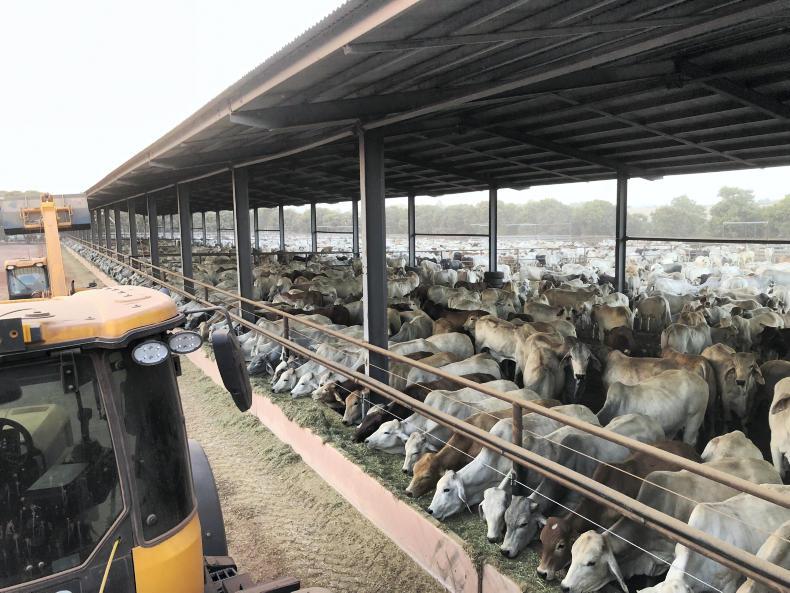


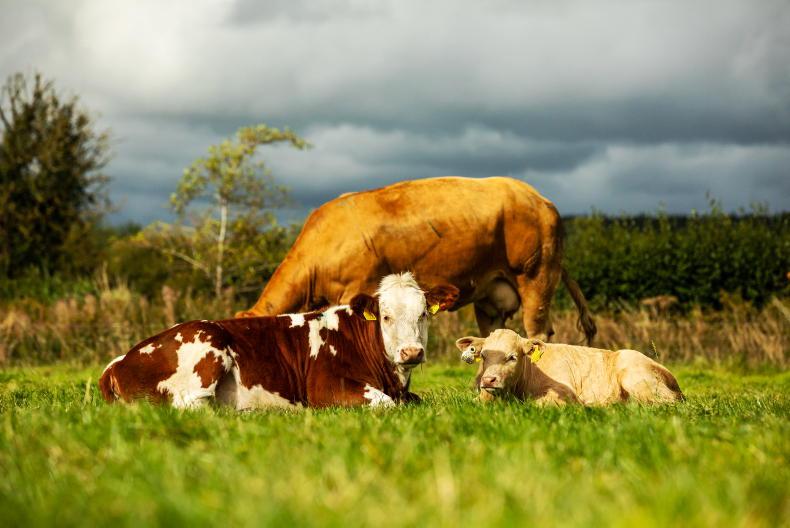
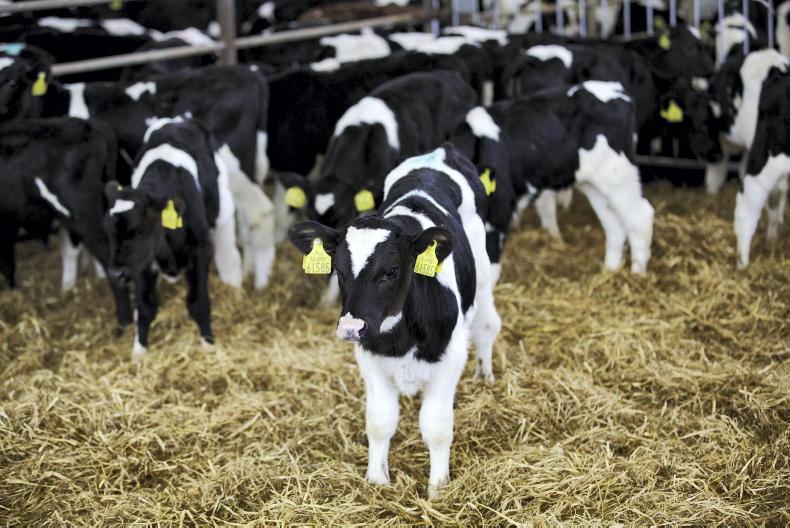
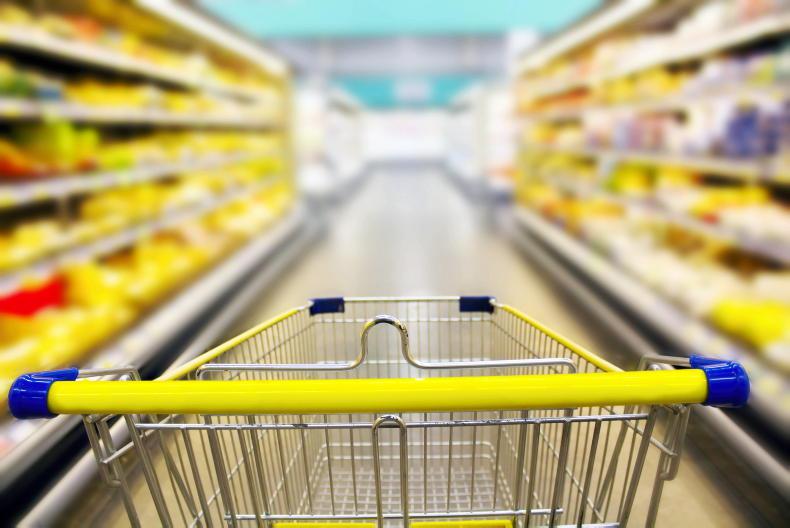
SHARING OPTIONS